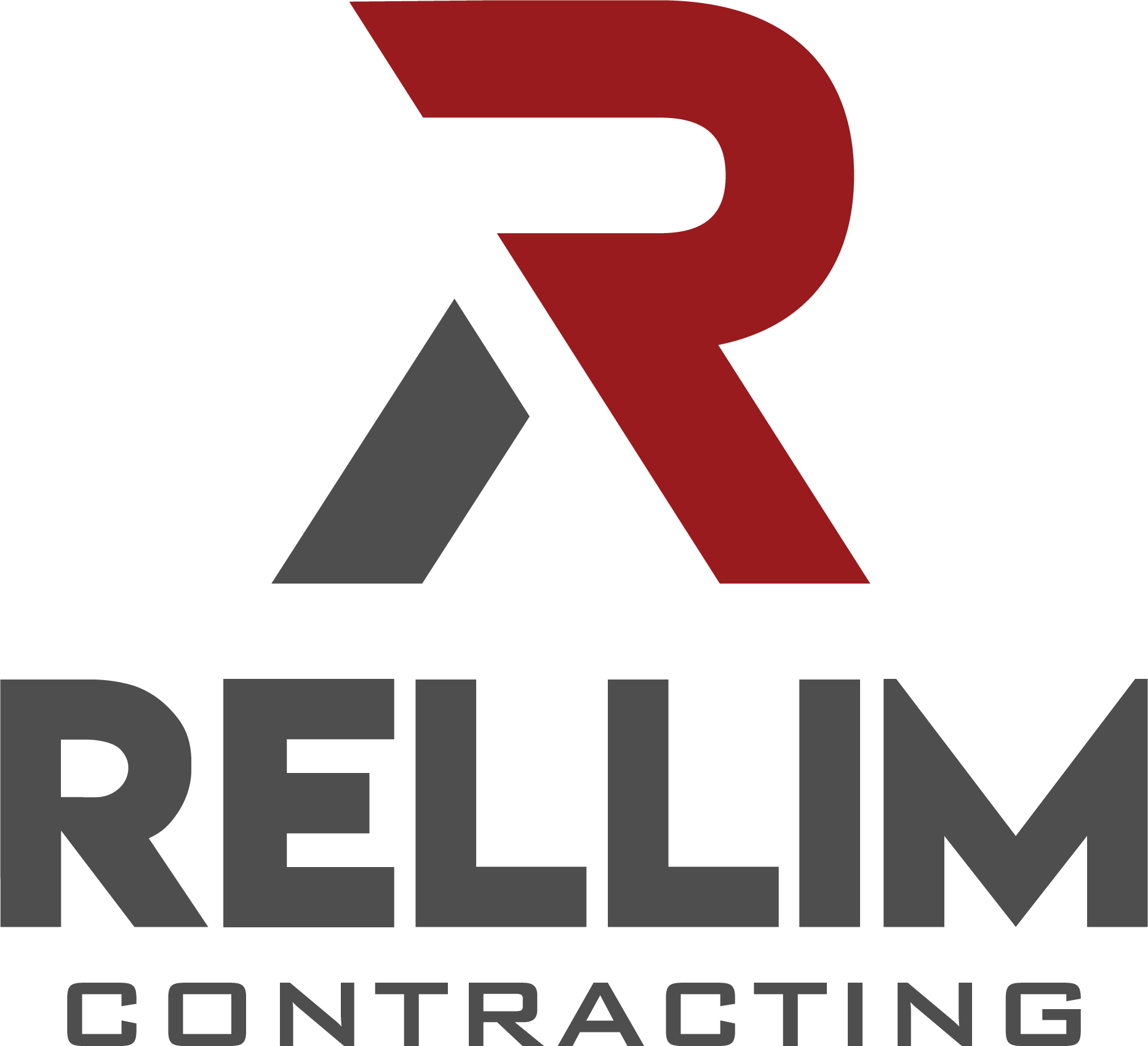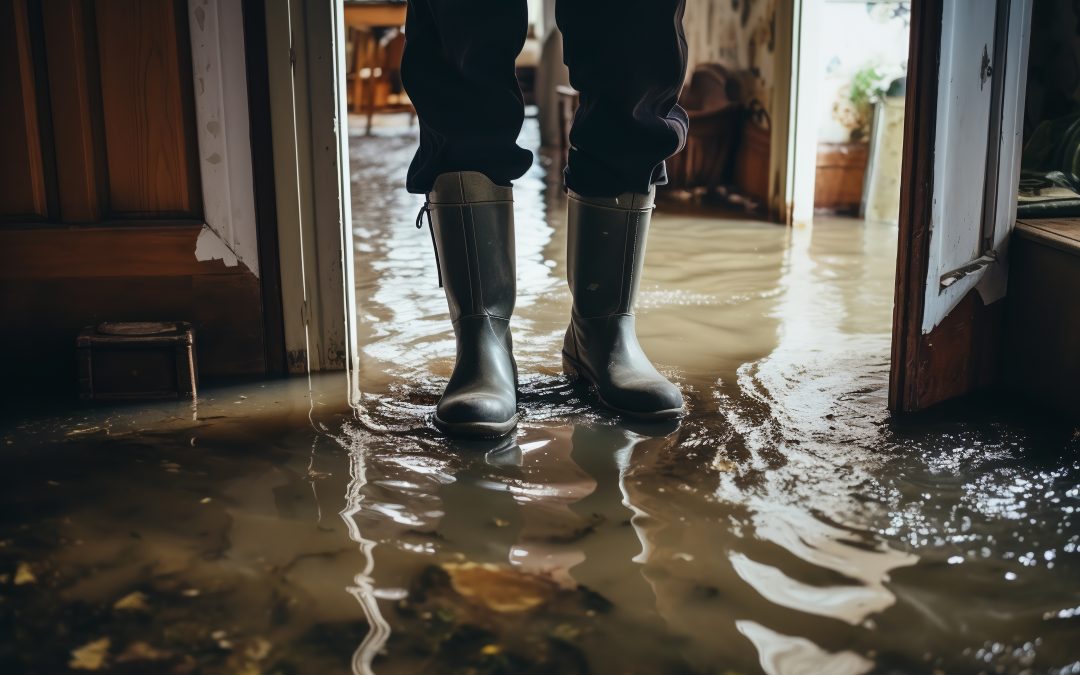Water damage is a homeowner’s nightmare. Whether it’s a burst pipe, a leaking roof, or a flooding event, water can wreak havoc on your property. The key to minimizing the damage and preventing costly repairs lies in one crucial factor: swift action. In this blog, we’ll explore why taking quick action is of paramount importance when dealing with water damage and how delaying mitigation efforts can lead to more extensive and expensive repairs. We’ll also provide you with practical tips and steps you can take immediately after discovering water damage to mitigate its impact. At Rellim Contracting in Mobile, Alabama, we understand the urgency of water damage situations, and we’re here to help you protect your home.
The Costly Consequences of Delaying Water Mitigation
Water damage can have far-reaching consequences, both in terms of your property’s structural integrity and your financial well-being. Here’s a closer look at why delaying water mitigation efforts can lead to more extensive and costly repairs:
Structural Damage:
When water infiltrates your home, it doesn’t just stay in one place. It can seep into walls, ceilings, floors, and other structural components, weakening them over time. Delaying mitigation allows the water to spread, increasing the risk of structural damage. Rotting wood, deteriorating drywall, and compromised foundations are all potential outcomes.
Mold Growth:
One of the most significant risks associated with water damage is mold growth. Mold thrives in damp and humid environments, and it can start developing within 24 to 48 hours of water exposure. The longer you wait to address the issue, the more likely it is that mold will become a problem. Mold remediation is not only costly but also poses health risks to you and your family.
Electrical Hazards:
Water and electricity do not mix well. When water damage occurs near electrical systems or outlets, it can create electrical hazards that put your safety at risk. Delayed mitigation increases the chances of electrical problems, which can lead to fires or severe injuries.
Health Risks:
Prolonged exposure to water-damaged areas can result in health issues, such as respiratory problems and allergies, due to mold and mildew growth. The longer you delay addressing the damage, the greater the health risks become.
Increased Costs:
Perhaps the most compelling reason to take swift action is the financial aspect. The cost of repairing water damage increases exponentially the longer it goes untreated. What might start as a minor issue can quickly escalate into a major financial burden if not addressed promptly.
The Importance of Immediate Action
Now that we’ve established the potential consequences of delaying water mitigation efforts let’s delve into why taking immediate action is crucial when you discover water damage in your home.
Prevent Further Damage:
The primary goal of swift action is to prevent further damage to your property. Stopping the source of water, if possible, and removing excess moisture promptly can limit the extent of the damage and save you money in the long run.
Mold Prevention:
As mentioned earlier, mold growth is a significant concern when dealing with water damage. Acting quickly can help prevent or at least minimize mold development, reducing the need for costly mold remediation services.
Protect Personal Belongings:
Water damage can wreak havoc on your personal belongings, from furniture to electronics and sentimental items. By acting promptly, you can salvage more of your possessions and reduce the emotional toll of losing cherished items.
Maintain Home Value:
A well-maintained home is more likely to retain its value over time. Addressing water damage promptly and effectively is essential to preserving the structural integrity and aesthetics of your property.
Immediate Steps to Take When You Discover Water Damage
Now that we’ve emphasized the importance of quick action, here are some immediate steps you can take after discovering water damage to minimize its impact:
Safety First:
Before doing anything else, ensure your safety and that of your family. If there’s standing water or electrical hazards, avoid entering the affected area until it’s safe to do so.
Turn Off the Water Source:
If the water damage is due to a burst pipe or appliance leak, shut off the water source to prevent further flooding.
Document the Damage:
Take photos and videos of the affected areas for insurance purposes. This documentation can be invaluable when filing a claim.
Remove Excess Water:
Use towels, mops, or a wet-dry vacuum to remove as much standing water as possible.
Circulate Air:
Open windows and doors to improve ventilation and help dry out the affected area. You can also use fans and dehumidifiers to speed up the drying process.
Salvage Belongings:
Remove items from the affected area to prevent further damage. Be sure to dry and clean salvageable items promptly.
Call a Professional:
Contact a water mitigation specialist like Rellim Contracting in Mobile, Alabama, to assess the situation and provide expert assistance. Professional help is crucial to ensure thorough drying, prevent mold growth, and address any structural damage.
Contact Your Insurance Company:
Notify your insurance company about the water damage and provide them with the documentation you collected. They can guide you through the claims process.
In the face of water damage, time is of the essence. The quicker you act, the better chance you have of minimizing the damage and preventing costly repairs. Delaying water mitigation efforts can lead to structural damage, mold growth, health risks, and increased expenses. By taking immediate action, you can prevent further damage, protect your personal belongings, and maintain the value of your home.
At Rellim Contracting in Mobile, Alabama, we understand the urgency of water damage situations. Our experienced professionals are here to provide you with expert water mitigation services to address the issue promptly and effectively. Don’t wait; contact us today to safeguard your home from the devastating effects of water damage. Your swift action can make all the difference.

